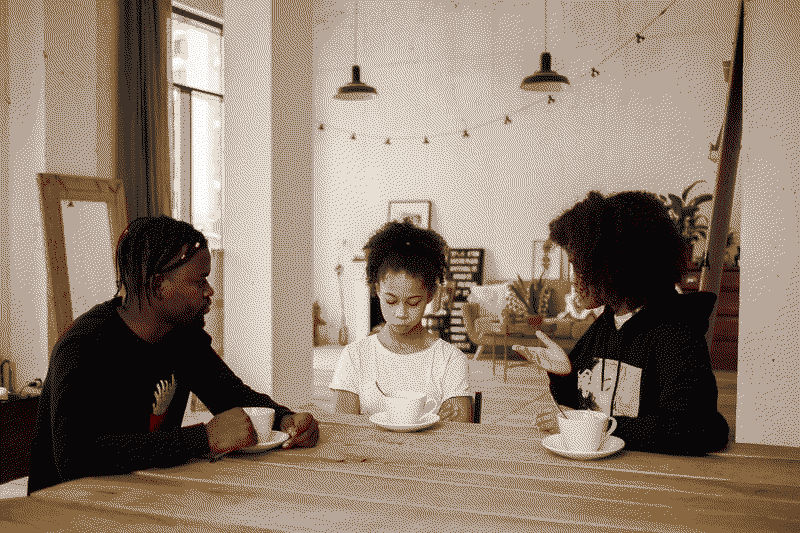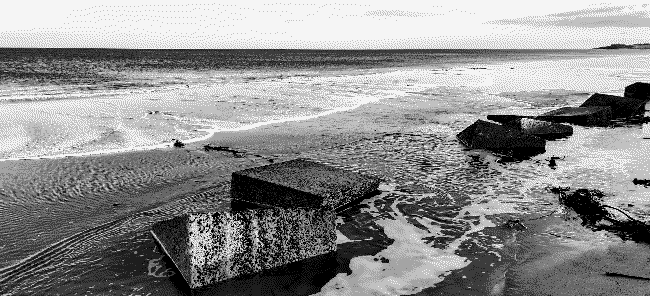Weeknote 47/2021

The highlight of this week has been celebrating my mother’s 70th birthday. She doesn’t become a true Aged P. until next week, but this weekend was the best time to herd the familial cats, as it were. Despite Storm Arwen bringing trees down and snow to some parts of the country, Team Belshaw managed to make it both to the Stadium of Light to see England Women beat Austria 1-0, and then to Solberge Hall to for afternoon tea with the rest of the family.
Both my parents are only children, so there were only 10 of us in total around a huge table. My mother loved her presents, and my sister (who really should be a contestant on GBBO) made a Raffaelo-style cake which was delicious. After an overnight stay, a few of us went to Fountains Abbey and then had wonderful Sunday dinner at the Black Bull Inn at Moulton.
Work-wise, I published a post on the evolving badges and credentials ecosystem, and recorded the ICoBC Symposium panel keynote with Kerri Lemoie and Phillip Long. It was a great conversation, and we’ve invited Kerri onto The Tao of WAO podcast. Talking of the podcast, Laura edited and posted two episodes we recorded on remote work. We should be recording the final episode of Season 2 next week with another guest, and then our co-op colleagues have given us the go-ahead for a Season 3 in the new year.
Wednesday saw a co-op half-day which was a bit of a celebration in that John has given notice at the full-time job he’s been doing for the past few years, and so will be able to play more of a role in WAO work in 2022. We’ve a number of contracts and agreed bits of work going into the first quarter of next year, which is nice. We discussed a potential asset lock for our co-op but decided that we’re going to wait until we absolutely need one, as it could potentially cause more problems than it solves.
In other news, I heard that the Dutch National Libraries conference is being rearranged to the end of March, which should be good. It’s for the best given the increasing lockdowns coming into force.
Last Sunday, I hurt my back running in the cold weather. I’m not sure whether it was my poor warm-up or I just tweaked my (suspected) slipped disc from earlier this year, but I didn’t run or go to the gym all week as a precaution. Sure enough, when I went back this afternoon (and a couple of hours after a large Sunday dinner) it was hard work.
The only other thing to mention is that I wrote a blog post that arrived pretty much fully-formed as I lay half-awake and half-asleep in the early hours of Tuesday morning. Entitled That silent disappointment face, the one that I can’t bear it’s a reflection on the role disappointment plays both as a pedagogical, and to some extent philosophical tool in our interactions with others.
Next week, we need to finish off the internal part of the digital strategy work we’ve been doing for Julie’s Bicycle, and work towards finishing off this year’s set of deliverables for Participate. I’ve really enjoyed the Keep Badges Weird project we’ve done with them so far. I’m also hoping that something comes of the conversation I had with Ellie Hale and Debby Mulling from Catalyst about cohort-based digital transformation programmes.
Image based on an original photo I took inside the Cellarium at Fountains Abbey.


